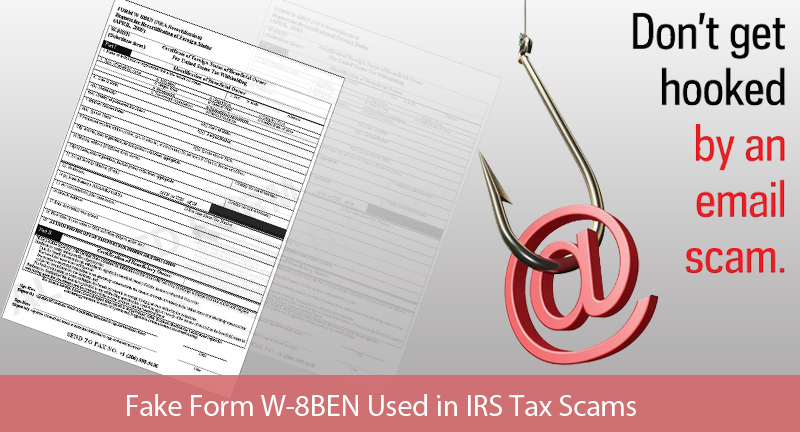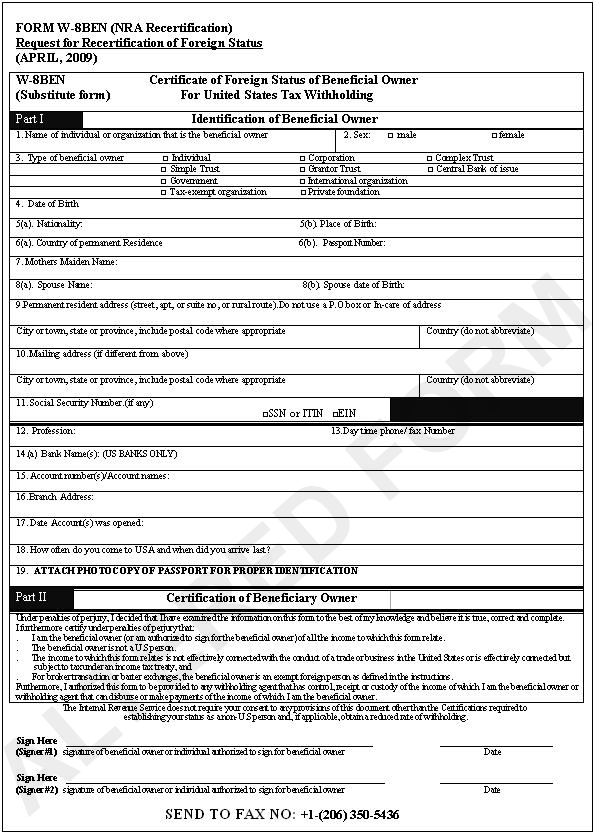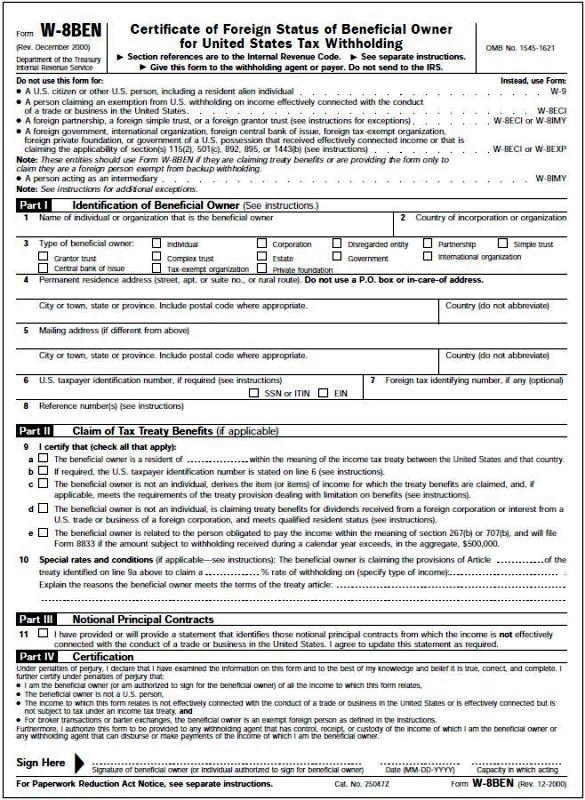Tax Blog by: Coleman Jackson, Attorney, Certified Public Accountant
November 26, 2014
Fifth Amendment to the United States Constitution:
No person shall be held to answer for a capital, or otherwise infamous crime, unless on a presentment or indictment of a grand jury, except in cases arising in the land or naval forces or in the militia, when in actual service in time of war or public danger; nor shall any person be subject for the same offense to be twice put in jeopardy of life or limb; nor shall be compelled in any criminal case to be a witness against himself, nor be deprived of life, liberty, or property, without due process of law; nor shall private property be taken for public use, without just compensation.
The Fifth Amendment to the United States Constitution guarantees the right to certain protections; the protection that has been in focus as far as offshore bank accounts and overseas assets are concerned is the ‘protection from self-incrimination’.
The Bank Secrecy Act of 1970 (“BSA”)
The Bank Secrecy Act of 1970 that regulates offshore banking, and identifies as its purpose ‘to require certain reports or records where they have a high degree of usefulness in criminal, tax, or regulatory investigations or proceedings.’ 31 U.S.C. §5311. U.S. Treasury Regulations promulgated under Section 241(a) of the Bank Secrecy Act requires U.S. citizens, Permanent Residents (Green Card Holders) and certain other foreign nationals residing in the U.S. to keep records and file reports by June 15th of each calendar year of their foreign financial transactions and relationships. U.S. Citizens and Permanent Residents with foreign bank accounts must disclose their foreign bank accounts by filing Form TD F 90-22.1, Report of Foreign Bank and Financial Accounts (FBAR) each year that it is applicable in their particular situation. Certain dollar limits apply to each account but aggregation rules apply to multiple accounts that could reach the $10,000 account balance reporting threshold. This required report is commonly called the (FBAR). C.F. R. §1010,350. The reporting rules apply no matter where the U.S. citizen or Permanent Resident happens to reside in the world. In other words, the U.S. citizen or Permanent Resident does not have to be physically in the United States at any time during the tax period in order for them to be required to file an FBAR if the citizen or permanent resident owns or otherwise have a financial interest in, or has signatory authority over offshore accounts. Moreover, foreign assets records must be maintained for at least five years, and must be available for inspection pursuant to C.F.R. §1010.420. Failure to timely file an FBAR is a felony under 31 U.S.C. §5322.
Shapiro v United States | The Required Records Doctrine
The United States Supreme Court created The Required Records Exception to the Fifth Amendment’s protection from self –incrimination in 1948 in Shapiro v United States, 335 U.S. 1, which basically prevents individuals who possess records the Government requires them to maintain as a result of voluntary participation in certain regulated activities from asserting their Fifth Amendment privilege against self-incrimination.
The Supreme Court in Grosso v United States, 390 U.S. 62, 67-68 (1968) refined the doctrine into a three prong inquiry that lower courts now use to determine whether the required records doctrine applies in a particular case as follows:
- The purposes of the United States’ inquiry must be essentially regulatory;
- Information is to be obtained by requiring the preservation of records of a kind which the regulated party has customarily kept; and
- The records themselves must have assumed ‘public aspects’ which render them at least analogous to public documents.”
Taxpayer’s Betting Average under the Required Records Doctrine
The IRS has been using the tools of administrative summons and grand-jury investigations in recent years and the courts have been ruling in their favor. Essentially the federal courts apply the three prong Required Records Doctrine like the United States Court of Appeals, 5th Circuit did in In re Subpoena, 696 F.3d 428 (5th Cir. September 21, 2012) as follows:
- The BSA’s record-keeping requirements serve purposes unrelated to criminal law enforcement and because the provisions do not exclusively target people engaged in criminal activity (it is not inherently a crime to have a offshore bank account; and people voluntarily submit themselves to the BSA’s regulatory scheme by choosing to have a foreign bank account), therefore, the requirements are “essentially regulatory” satisfying the Required Records Doctrine’s first prong;
- The records sought by the IRS under the BSA are of the same type that the taxpayer needs to administer his foreign account and must report annually to the IRS pursuant to the IRS’s regulation of offshore banking: the name, number, and type of account(s), the name and address of the bank where an account is held, and the maximum value of the account during the reporting period. The records sought by the subpoena are of the kind “customarily kept” by the taxpayer in satisfaction of the Required Records Doctrine’s second prong; and
- The U.S. Treasury shares the information it collects pursuant to the BAS’s record-keeping and reporting requirements with a number of other governmental agencies. This data sharing is designed to serve important public purposes sufficient to imbue otherwise private foreign bank account records with “public aspects” satisfying the BSA’s third prong.
Taxpayers have lost in the United States Court of Appeals for the 5th, 6th, 7th, 9th Circuits where the Courts have considered and upheld the IRS’ position on disclosure of offshore accounts under the Bank Secrecy Act of 1970.
As of this blog, we are not aware of any circuit courts (or any district courts) who have ruled in the taxpayers’ favor with respect to The Required Records Doctrine as it relates to offshore assets held by U.S. persons; which includes U.S. citizens, resident aliens, trusts, estates, and domestic entities that have an interest in foreign financial accounts and meet the FBAR reporting threshold.
Currently the IRS is administering several amnesty programs designed to help taxpayers who are in non-compliance of the BSA with respect to delinquent FBAR filings and for taxpayers with Foreign Account Tax Compliance Act, enacted in 2010 (FATCA) tax compliance problems. On a related note, Foreign Financial Institutions (FFIs) from around the world are currently gathering account holders information from account holders under FFI Agreements and Intergovernmental Agreements negotiated over the years with the U.S. Treasury in implementation of FATCA, and will soon begin turning this foreign account holders information over to the IRS either directly or indirectly. Non-compliance with the BSA and FATCA are covered under IRS amnesty programs that have strict qualifying guidelines, procedures, and penalty structures built within them. These programs could be modified or eliminated at any time.
This tax blog is written by the Tax & Immigration Law Firm of Coleman Jackson, P.C. for educational purposes; it does not create an attorney-client relationship between this law firm and its reader. You should consult with legal counsel with respect to your particular set of circumstances.
Coleman Jackson, P.C. | Immigration & Tax Law Firm | www.cjacksonlaw.com | (214) 599-0431




